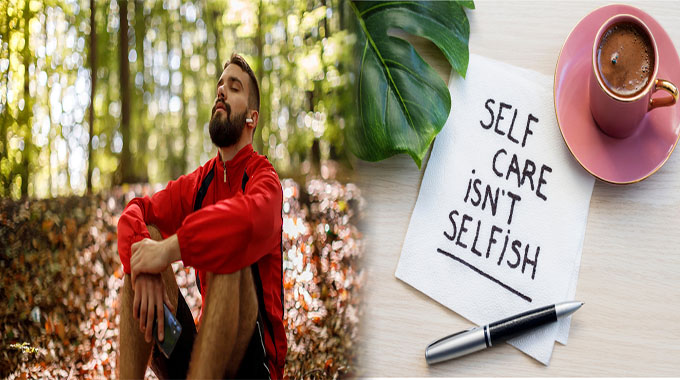Self-Care Strategies to Boost Mental Well-being
Mental well-being is essential for leading a fulfilling and satisfying life. However, stress, anxiety, and other mental health issues are increasingly prevalent in today’s fast-paced world. Taking care of your mental health is just as important as taking care of your physical health. Fortunately, there are self-care strategies you can practice to boost your mental well-being. In this article, we will explore some simple yet effective self-care strategies that can help you improve your overall mental health.
1. Get Enough Sleep
Getting enough sleep is essential for your mental well-being. Lack of sleep can lead to irritability and mood swings, and even predispose you to depression and anxiety. Aim for seven to nine hours of sleep per night and establish a regular sleep routine. Avoid screens and stimulating activities before bedtime, and create a peaceful environment to promote relaxation and rest.
2. Engage in Regular Physical Activity
Physical activity has numerous benefits for your mental health. Regular exercise releases endorphins, which are natural mood boosters, and can help alleviate symptoms of anxiety and depression. Aim for at least 30 minutes of physical activity daily, whether it be a brisk walk, jog, yoga, or any other activity you enjoy.
3. Practice Mindfulness
Mindfulness is a practice of paying attention to the present moment without judgment. It can help reduce stress and anxiety and improve overall mental well-being. There are many ways to incorporate mindfulness into your daily life, such as mindful breathing, meditation, and yoga. Find a mindfulness practice that works for you and commit to practicing regularly.
4. Connect with Others
Social connection is vital for our mental health and well-being. Spend time with friends and family, join a group or club that interests you, or volunteer in your community. Building and maintaining social connections can help reduce feelings of …












